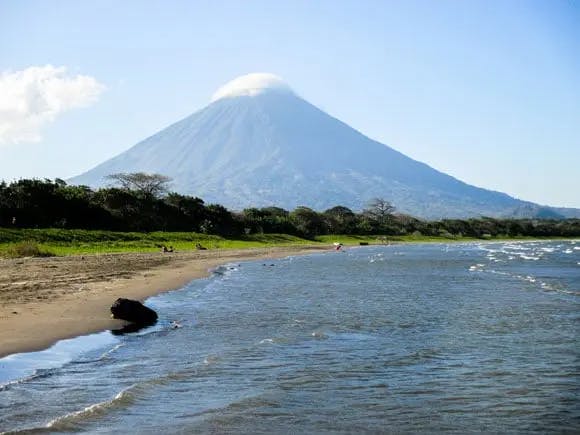Few countries offer as light a tax burden as Nicaragua.
Tax incentives for retirees
Benefits to legal retirees (i.e. those with a resident’s card) come mostly in the form of tax incentives. As a foreign retiree, you are entitled to:
Pay no taxes from money earned in other countries.
Have legal residence for five years, with the ability to renew.
Bring up to $20,000 worth of household goods for your own home, duty free.
Import one automobile and pay no import tax or protective tariff and sell it after five years, again exempt from consumer sales tax.
Buy up to $50,000 of construction materials without paying sales tax.
Income tax
For individuals, income tax is calculated on a progressive tax rate, up to a maximum of 30%. Taxable income is based on Nicaraguan-source income. As a foreign retiree, you pay no taxes on out-of-country earnings.
Value-added tax (VAT)/Sales tax
This tax applies to the following acts performed in the national territory:
Sales of goods
Providing of services
Importation of goods
It is calculated at a flat rate of 15% on the value of the goods or services. If you own a business the value-added tax will be returned to you.
Transfer tax
Property transfers are subject to a 1% to 3% pre-payment income tax on the purchase price. While most sellers ask the buyer to pay it, you should be aware that it is a pre-payment of income tax; therefore, it is legally payable by the seller.
Real estate taxes
Property tax: Annual property taxes are approximately 1% of the municipal cadastral value of the property and is paid to the municipal government. The cadastral value of the land is calculated at a substantially lower than the market price of the land when you purchase the house. You are exempted from these taxes if your property value is less than $40,000 for urban houses or if your rural house is 2.4 acres or less. Farmland of up to almost 51 acres is exempt from real estate taxes.
Capital gains tax: Nicaragua taxes all citizens, residents and non-residents on income earned in the country. Capital gains are treated as ordinary taxable income. If you sell your Nicaraguan property, you will be responsible for tax on your earnings, up to 35.5%.
Inheritance tax: The gifts or inheritance of property are considered occasional gains. Here are the applicable rates:
1% if the value is less than $50,000.
2% if the value is higher than $50,000, but less than $100,000.
3% if the value is higher than $100,000.
The government will not even allow you to register a property until these taxes have been paid.
Rental income tax: Any rental income earnings for your property must be reported to the local government by law. Your earnings are treated as normal income. For residents, income tax is calculated on a progressive tax rate, up to a maximum of 35.5%.
The lessee is legally obliged to perform an income tax withholding of 1% from the rent paid. The amounts withheld by the lessee may be accredited by the lessor for purposes of lowering its income tax payment at the end of the fiscal year.
Tax incentives for opening a business in Nicaragua
Law 306, “Incentives for Tourist Industry Investments” is designed to attract investors to create a stronger tourist infrastructure. Hotels, restaurants, vehicle rentals, tour companies, and more qualify. Benefits vary, but if you are approved, you don’t have to pay the following taxes for a maximum of 10 years:
Hospitality tax
Property tax
Value-added tax
Importtax on goods brought in to help your business
You do not have to use Law 306 to open a business, but then you will be subject to these normal business taxes.
Law 344 guarantees certain rights, legal security, transparent laws, and generous financial incentives for investments in duty-free zones, forestry, mining, and tourism. It removes previous restrictions on the amount of money you can bring into the country, allows you to conduct all transaction in dollars if you choose, and allows you to open bank accounts easily.














